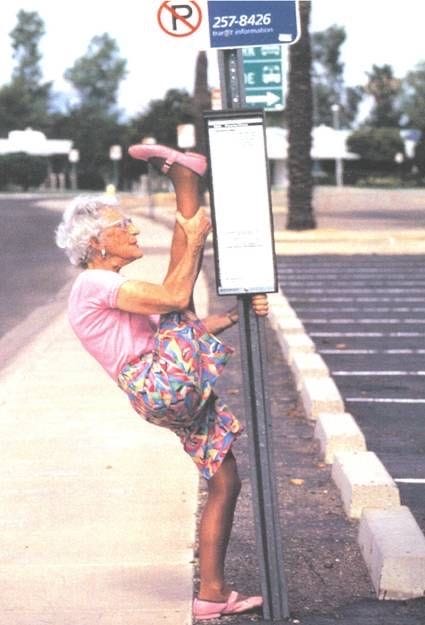Since writing about community last week, I’ve been thinking about what my life may be lacking. I know, I know, super healthy way to while away the days!
But it hasn’t actually been a morose exercise, more of a how-could-I-improve-things-without-needing-to-do-much vibe. What small changes could I make to better support myself through the dark winter days,…
Keep reading with a 7-day free trial
Subscribe to PRIORITISE THIS to keep reading this post and get 7 days of free access to the full post archives.


